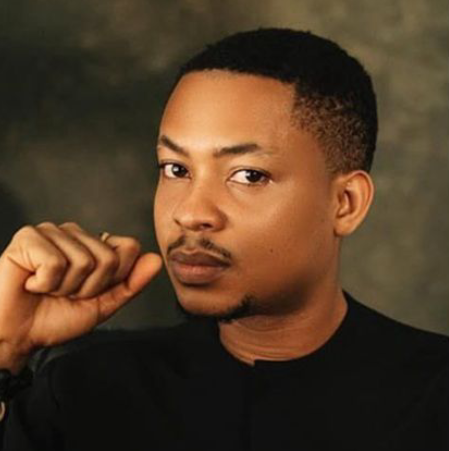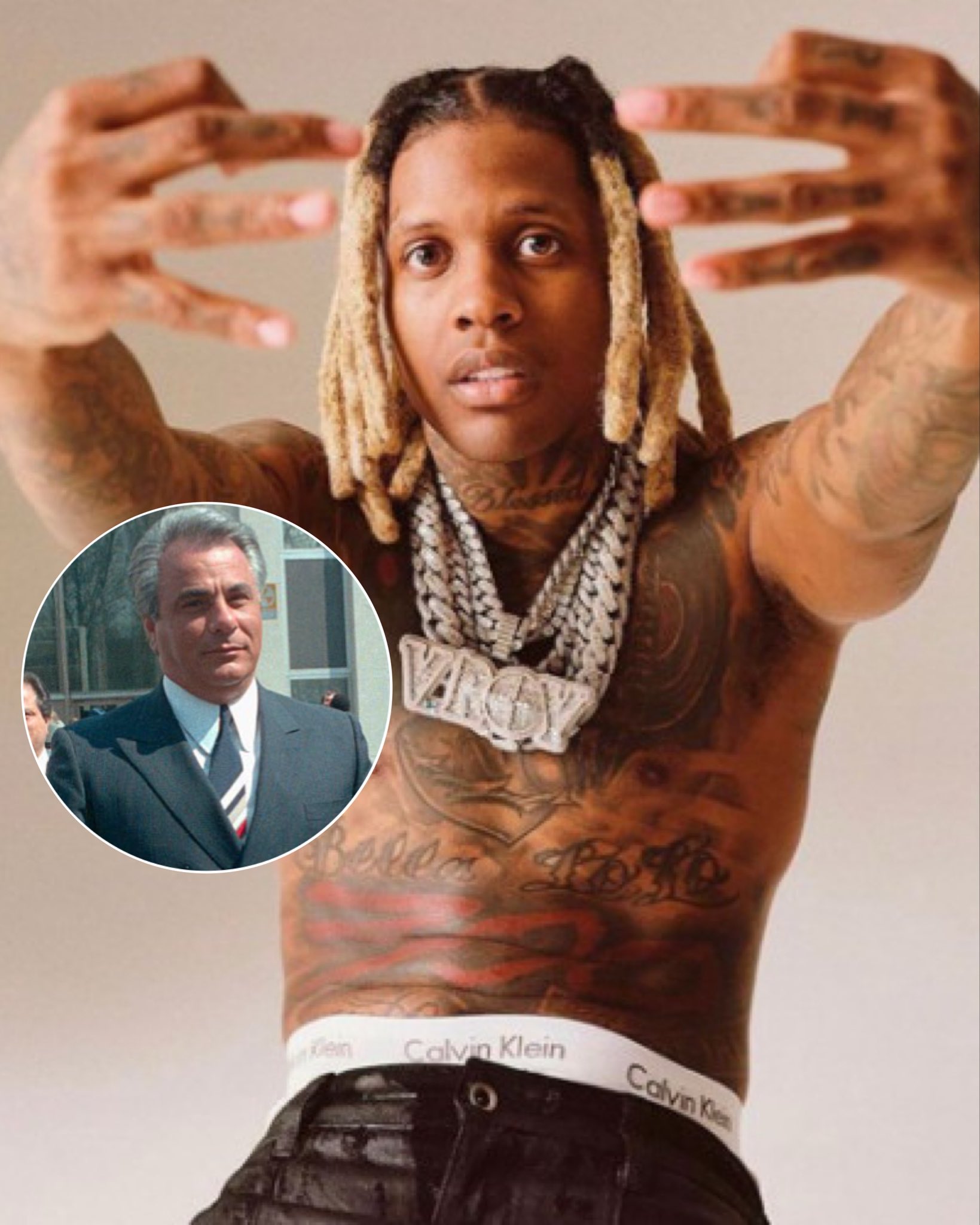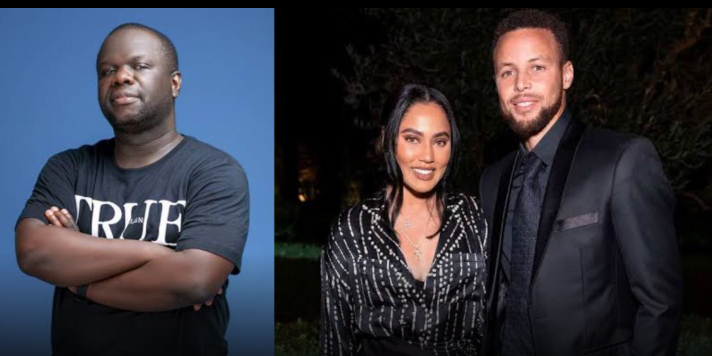
"How Many More Times Will Our Hearts Bleed?" — Emeka Nwagbaraocha’s Powerful Call Amid Benue Tragedy Sparks National Outcry

Nigerian actor Emeka Nwagbaraocha has sparked a wave of emotional responses online after reacting to the ongoing crisis in Benue State with a scathing reflection on the nation’s culture of performative grief. In a post shared to his X (formerly Twitter) account, the actor expressed frustration over what he described as Nigeria’s cycle of passive mourning, especially in the wake of the recent brutal killings in Benue. His emotionally charged post calls out the disparity in government response to crises and has ignited a fresh conversation about empathy fatigue and political inaction.
“State of emergency was declared in Rivers state for way less btw,” Emeka wrote, opening the floor for comparisons between how swiftly some crises are handled versus others that seem to linger in silence. “My own is after we say 'My heart blcds for...' WHAT NEXT???”
The post, while brief, struck a deep nerve in a nation growing increasingly disillusioned with leadership and the seeming normalization of violent tragedies. Emeka, known for his riveting roles in Nigerian cinema, stepped outside the screen to become a voice of raw conscience, highlighting what many citizens have been feeling — a national numbness towards death.
“How many more times will our hearts b!d without our hands moving?” he asked, poignantly capturing a sentiment that continues to haunt the collective Nigerian psyche. “We've bJJ for Enugu. For Owo. For Plateau. We mourn, we post, we move on. But the people in these places don't get to move on that easily. It's not enough to grieve online.”
His post comes at a time when images and reports of fresh killings in Benue State have once again flooded social media, showing bloodied streets, displaced children, and grieving families. The tragedy, which has become disturbingly routine in Nigeria’s Middle Belt region, has drawn inadequate response from the federal government, critics say. Many have pointed to what they describe as selective urgency in government action, noting how certain regions receive immediate attention while others are left to count their dead in silence.
The actor’s mention of Rivers State alludes to the swiftness with which the federal government declared a state of emergency there in response to political instability. For Emeka and many others, the contrast is glaring — communities in Benue have been under siege for years, with little more than press releases, condolence tweets, and moments of silence to show for it.
Online, Emeka’s post has since gone viral, with thousands of users echoing his sentiment. "You said it all bro," one commenter replied. "We're tired of hashtags and RIPs. We want action." Another user wrote, “Benue has been bleeding for years. Why does it feel like nobody cares unless it's trending?”
Benue State, often referred to as the food basket of the nation, has witnessed repeated attacks attributed to herdsmen militias and other armed groups. Entire villages have been wiped out, and tens of thousands of people have been displaced, with many now living in crowded camps under dire conditions. Despite the staggering toll, the violence often receives only fleeting attention in mainstream news cycles and national discourse.
“Performative grief won’t save lives,” another X user responded under Emeka’s tweet. “We cry for 48 hours, change our profile pictures, and then what? Meanwhile, families are burying children, losing land, and grappling with trauma that doesn’t disappear after the timeline moves on.”
While celebrities have been known to speak out on national issues, Emeka’s post stood out for its brutal honesty and refusal to sanitize the pain. He didn’t just ask for awareness; he demanded accountability — not just from the government, but from every citizen who thinks reposting a tragedy is a sufficient act of solidarity.
His words challenge the emotional complacency that social media can foster. In a digital world where grief often comes in the form of broken-heart emojis and viral hashtags, Emeka reminded Nigerians that the victims of these tragedies don’t have the luxury of logging off or moving on.
The political class, however, has remained mostly silent on Emeka’s remarks, even as they continue to face mounting criticism over their perceived failure to protect lives and property. Civil society organizations and grassroots activists have called for more than statements and mass burials — they demand tangible security measures, swift justice, and an end to impunity.
What makes Emeka’s intervention so powerful is that it speaks not from a political podium, but from the trenches of collective frustration. He voices what many feel but fear to say out loud — that we have become too comfortable with the unacceptable, too accustomed to tragedy, and too quick to forget.
His post has also reignited debates about the need for a more decentralized security structure. Many believe that until local communities are empowered to defend themselves and hold attackers accountable, the cycle of violence will continue. “Benue doesn’t need sympathy; it needs security,” one activist posted in response to the tweet.
As the days go by and yet another tragedy in Benue fades from the headlines, the question Emeka posed lingers louder than ever: What next? If we bleed today and forget tomorrow, are we not complicit in allowing this horror to continue? How many more villages must fall before hearts turn into action?
Emeka Nwagbaraocha may not hold political office, but with a single tweet, he has managed to do what many leaders have failed to — he made people feel again. And not just to feel, but to question. To wonder why a nation that calls itself united has left entire communities in a state of perpetual mourning.
As Nigerians search for meaning amid the bloodshed, Emeka’s voice rises not just as a cry for justice, but as a reminder that silence — even well-meaning silence — is no longer an option. In a country where tragedy is too often met with apathy, his words are a rallying cry: stop grieving online and start acting offline. Because the people in these places can’t just move on. And neither should we.


